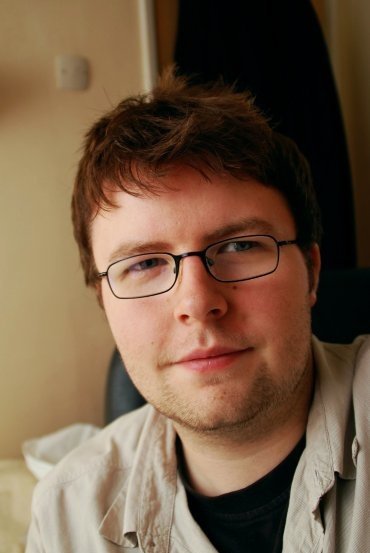The BBC has a good record with astronomy, with many Horizon episodes dedicated to the subject and the classic Sky At Night. However, whilst The Sky At Night is tucked away on BBC Four with little to no promotion and Horizon usually fronted by uncharismatic boffins, Stargazing Live was a great attempt by the channel at getting the subject out to a wide audience and in a format that would appeal.
Cox and O'Briain should be familiar to audiences. O'Briain as host of Mock The Week and Cox for his recent show Wonders of the Solar System (and for those slightly older and a knowledge of dodgy 90's pop music, as the keyboardist from one hit wonder D:Ream).
Many TV shows would've had Cox as the obviously brainy one and O'Briain dumbing himself down so much that you'd think he wasn't capable of tying his shoes. Gladly, this wasn't the case as O'Briain, though obviously lacking the knowledge of his counterpart, had been given some astronomical facts to remember, giving Cox the chance to fill in the finer details. It's to the credit to both of them that this combination worked like a D:Ream (sorry, couldn't resist).
As for the show itself, it was able to give out a wealth of information about astronomy for both beginners and those with an already decent understanding. I like to consider myself fairly knowledgeable about the subject and even I was learning new things. Personally, the section on photographing the nights sky was invaluable as I'd always wanted to know how to get good pictures.
Alongside that was the bumbling adventures of Jonathan Ross and his suffering teacher Mark Thompson. Contrasting someone so incompetent such as Ross with someone as knowledgeable as Thompson helped to not only provide a nice bit of comedy, but also helped to explain complicated subjects such as setting up a telescope or navigating your way round the night sky in simple terms. Along with Thompson was their "reporter in the field" Liz Bonnin, who as well as being rather cute was enthusiastic about the subject and helped to show the important work going on over in Hawaii.
I'm really hoping that the BBC decide to have another go at this later in the year. Cox recently finished filming the follow up to his Wonders of the Solar System (imaginatively titled Wonders of the Universe), so in theory should be free. Plus, the night sky changes as the year progresses, so it's not like they'd be treading on old ground. The only issue I could see is the long days would require it to be either pre-recorded or on late at night. Regardless of what they choose, I really do hope that they give it another go.

